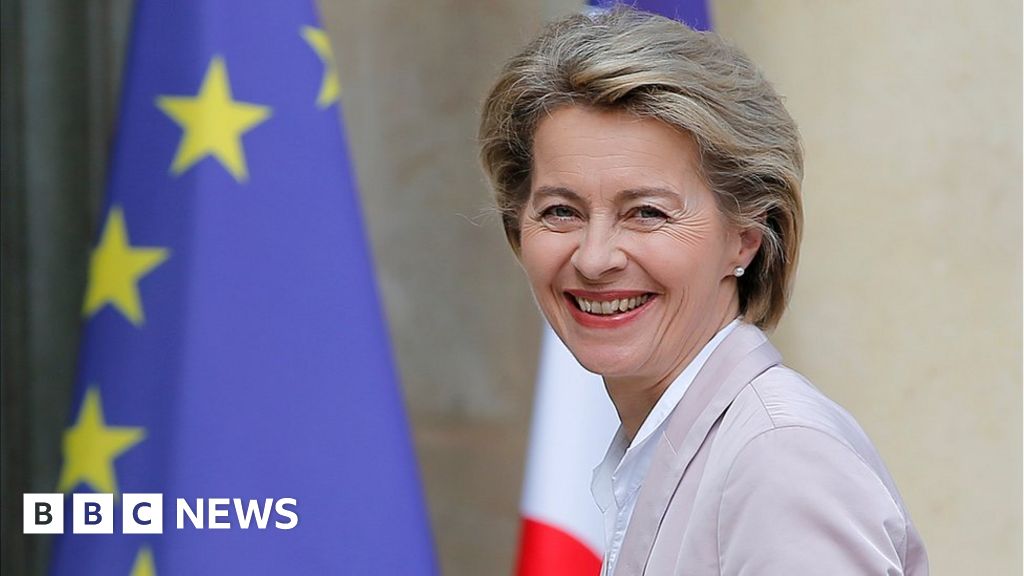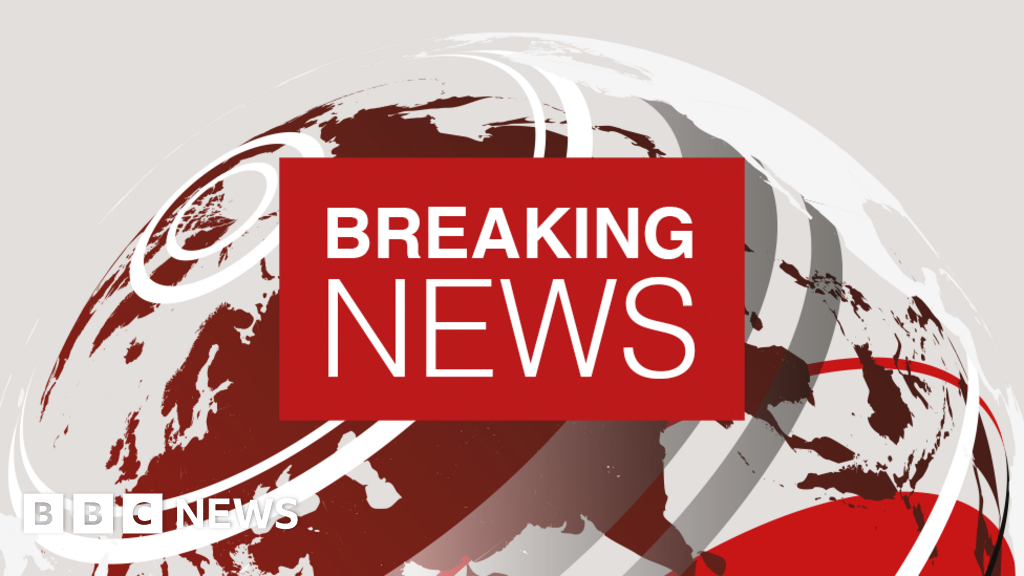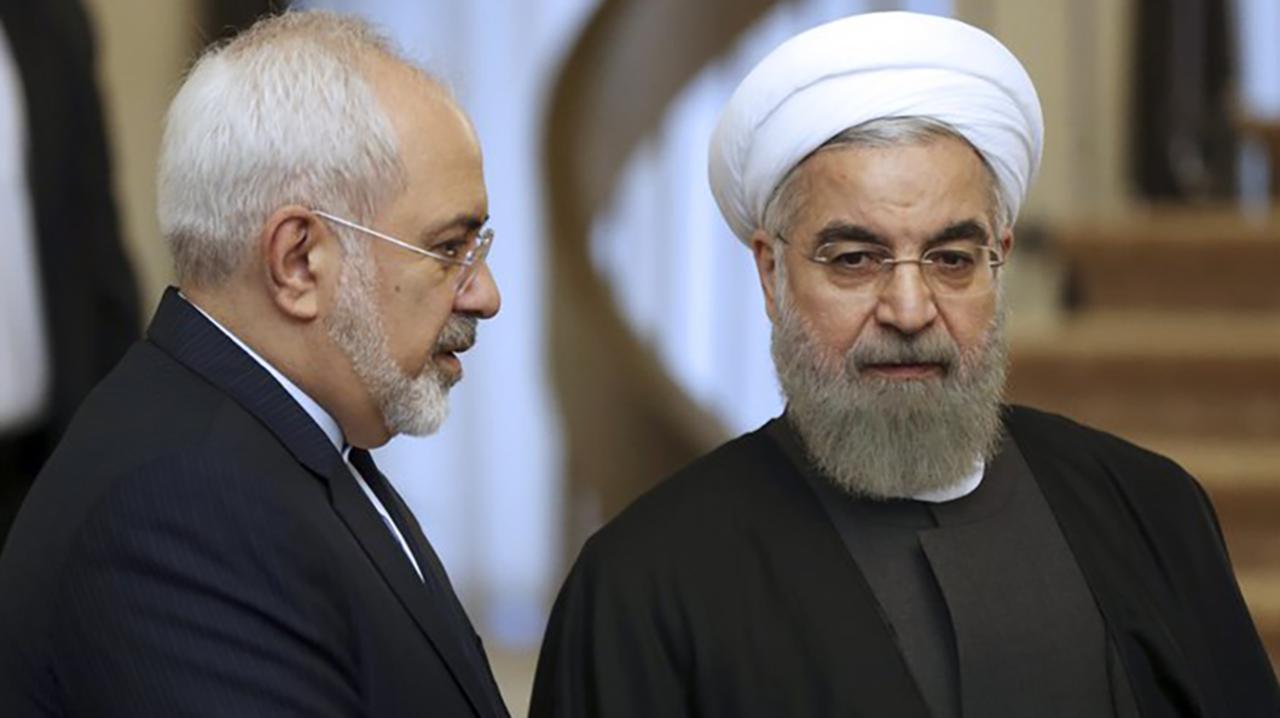
EU leaders have picked German Defence Minister Ursula von der Leyen for the top post of European Commission chief, after a marathon three-day summit.
The nomination of Ms Von der Leyen, a close ally of Chancellor Angela Merkel, came as a surprise after the main front-runners were rejected.
If approved by the European Parliament she will become the first female Commission president.
IMF head Christine Lagarde has been nominated for the head of the ECB.
The European Central Bank role is currently filled by Mario Draghi, who was widely credited with saving the euro during the eurozone debt crisis.
In all, EU leaders were tasked with nominating five people for the top jobs.
Belgian liberal Prime Minister Charles Michel is nominated to replace Mr Tusk while Spain's Josep Borell is proposed as foreign policy chief.
'Perfect gender balance'
"We have agreed the whole package before the first session of the European Parliament," said European Council President Donald Tusk.
He praised the "perfect gender balance" and said Germany had abstained on Ms Von der Leyen's nomination over coalition issues. However, he pointed out that Mrs Merkel herself had backed her.
The German leader told reporters that her abstention had come according to a deal reached in the ruling coalition in Berlin.
"We agreed this in the coalition: that if there is no unanimity, then one abstains. But one can say this has been approved today without any opposition," she said.
Irish Prime Minister Leo Varadkar said the nomination of two women for key jobs sent a powerful message that the EU was leading the way towards gender equality.
However, there were concerns that the European Parliament's own contest for the main job - the "Spitzenkandidaten" (lead candidate) process - had been cast aside. Neither the winner, Manfred Weber of Germany, nor other frontrunners were selected by EU leaders.
"You have to compromise in politics," Mr Varadkar insisted, adding that Mr Weber would most likely be given the shared presidency of the European Parliament.
Parliament is set to elect a president on Wednesday.
https://www.bbc.com/news/world-europe-48847200
2019-07-02 17:27:10Z
52780325129228






